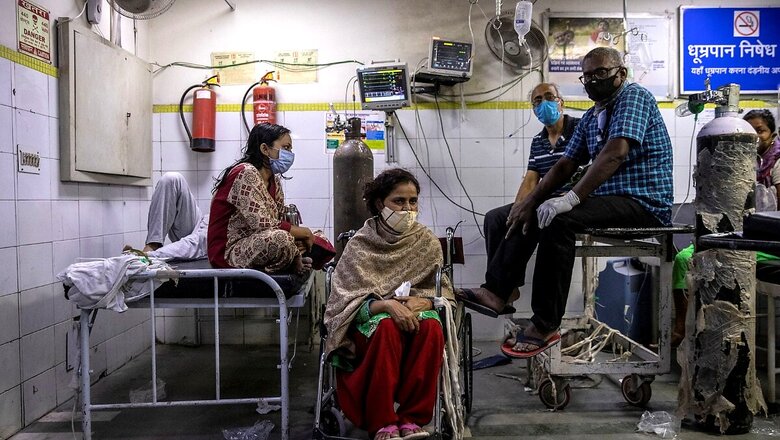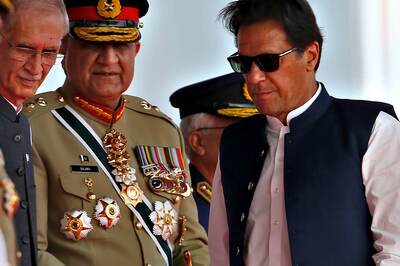
views
The government on Wednesday objected to the labelling of the B.1.617 Covid variant as an “Indian variant” and said that the word “Indian” was never used by the World Health Organisation (WHO).
“Several media reports have covered the news of WHO classifying B.1.617 as variant of global concern. Some of these reports have termed the B.1.617 variant of the coronavirus as an ‘Indian Variant’. These media reports are without any basis, and unfounded,” an official statement said.
“WHO does not identify viruses or variants with names of countries they are first reported from. We refer to them by their scientific names and request all to do the same for consistency,” WHO said in a statement on Twitter.
“This is to clarify that WHO has not associated the term ‘Indian Variant’ with the B.1.617 variant of the coronavirus in its 32-page document. In fact, the word “Indian” has not been used in its report on the matter,” the government statement added.
The UN health agency on Monday said the B.1.617 variant of Covid-19 first found in India last October seemed to be transmitting more easily than the original version of the virus, and might possibly have some increased resistance to vaccine protections. It classified the variant as being “of concern”.
“There is some available information to suggest increased transmissibility of the B.1.617,” Maria Van Kerkove, the WHO’s lead on Covid-19, told reporters, also pointing to early studies “suggesting that there is some reduced neutralisation”.
The UN health agency today said the B.1.617 variant of Covid-19, first found in India in October, had been detected in more than 4,500 samples uploaded to an open-access database “from 44 countries in all six WHO regions”.
Three other variants of COVID-19 first detected in Britain, Brazil and South Africa are already classified as being “of concern”.
Read all the Latest News, Breaking News and Coronavirus News here. Follow us on Facebook, Twitter and Telegram.




















Comments
0 comment